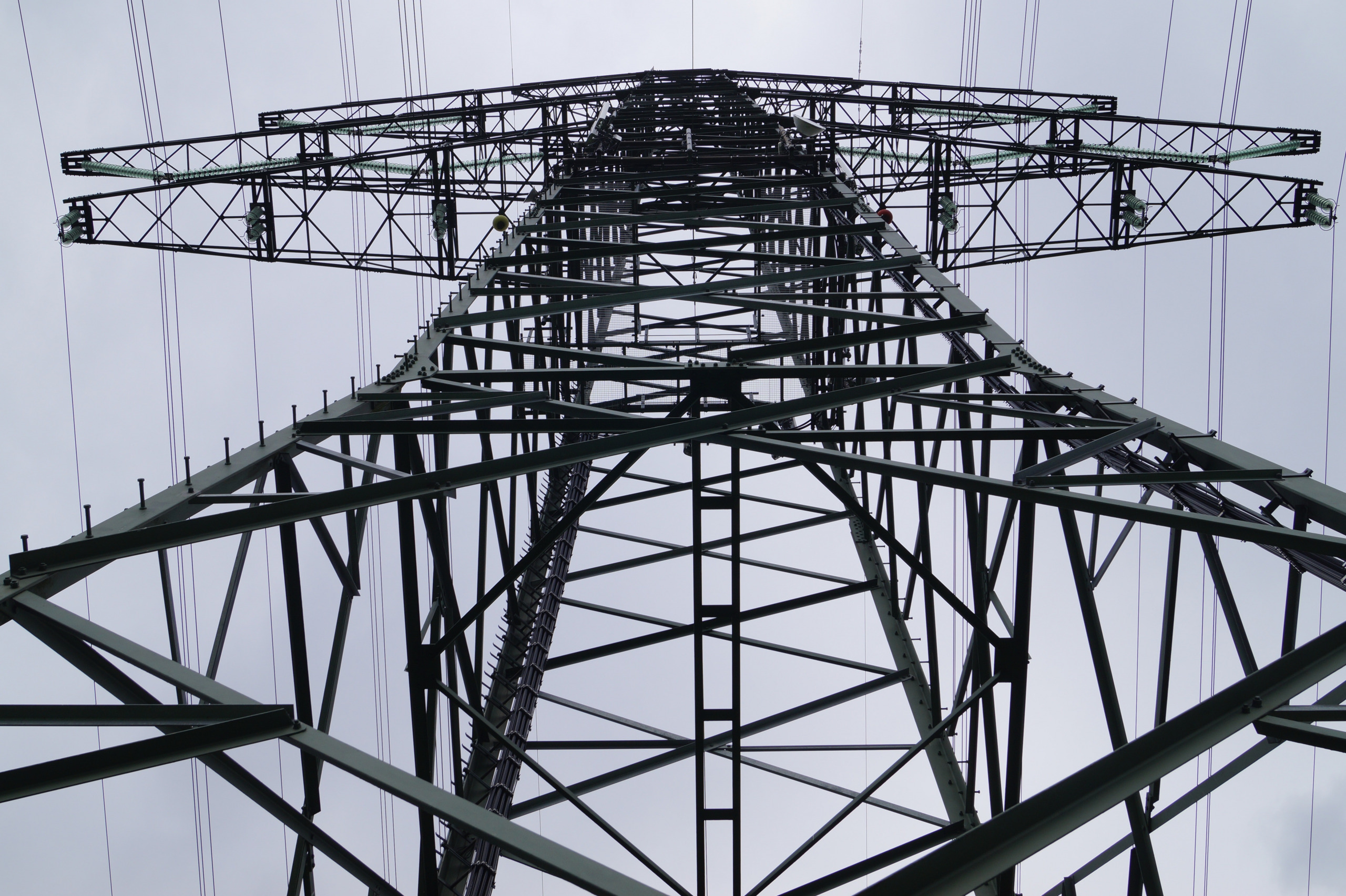Apart from Portugal which was forced to do during a financial crisis, the UK is the only European country to have privatised its energy grid – a natural monopoly in the sense that there can’t be competition to benefit consumers. The ownership structure is increasingly complex and murky.
Since privatisation in 1990, National Grid Transco PLC owns and manages the grid infrastructure in England and Wales (although it no longer owns the gas transmission system).
It also manages the electricity transmission system in Scotland – although the ownership lies with two other private companies Scottish Power and SSE, a situation which would appear to make any investment in the Scottish grid less profitable for National Grid.
SSE no longer exists as a Scottish business – it was acquired by OVO. OVO Energy is part of OVO Group, which in turn is a subsidiary of Imagination Industries Ltd, a holding company wholly owned by Stephen Fitzpatrick a Northern Ireland-born billionaire who lives in the Cotswolds.
Parts of the national grid have recently been sold on to other private firms. Brett Christophers, a professor in the Institute for Housing and Urban Research at Uppsala University, wrote recently in a guest column in the FT:
“Amid all the recent turmoil in energy markets, a significant transaction went largely under the radar: the January 2023 acquisition of a controlling share of National Grid’s UK gas transmission and metering business by Macquarie Infrastructure and Real Assets, in a consortium with the British Columbia Investment Management Corporation. Macquarie has developed something of a reputation for short-termism…Nor is Macquarie alone in this. Most asset-manager investment in infrastructure occurs through closed-end funds with fixed lifespans (normally of 10-12 years), which necessitate asset disposal before the end of the fund’s life…Why invest for a future you will not see or profit from?”
Gas transmission in Scotland may now be owned by Macquarie but it is managed by the Scottish Gas Networks – now largely owned by a US private firm and an Ontario pension fund after SSE sold it off in 2021. Global share owners are now profiting from moving gas across the network and selling it back to Scotland – so the bills paid by hard-pressed Scottish families, businesses and farmers are helping to ensure a comfortable retirement for middle-class Canadians and so on.
No wonder Scotland’s farmers are being refused permission to make themselves more reliant on renewables – that would reduce profits for shareholders.
Scotland’s infrastructure should be in Scotland’s hands – and that can only happen with independence
Scotland never voted for the Conservative government that chose to privatise the National Grid. The companies that were formed have made billions for their shareholders out of Scottish businesses and families. While the companies that own Scotland’s infrastructure are traded on the international market, the “weak” grid is failing the country and there seems to be no accountability the Grid is out-with the powers of the Scottish Government the UK Government appears not to care.
With Independence, it could all be so different.






Leave A Comment